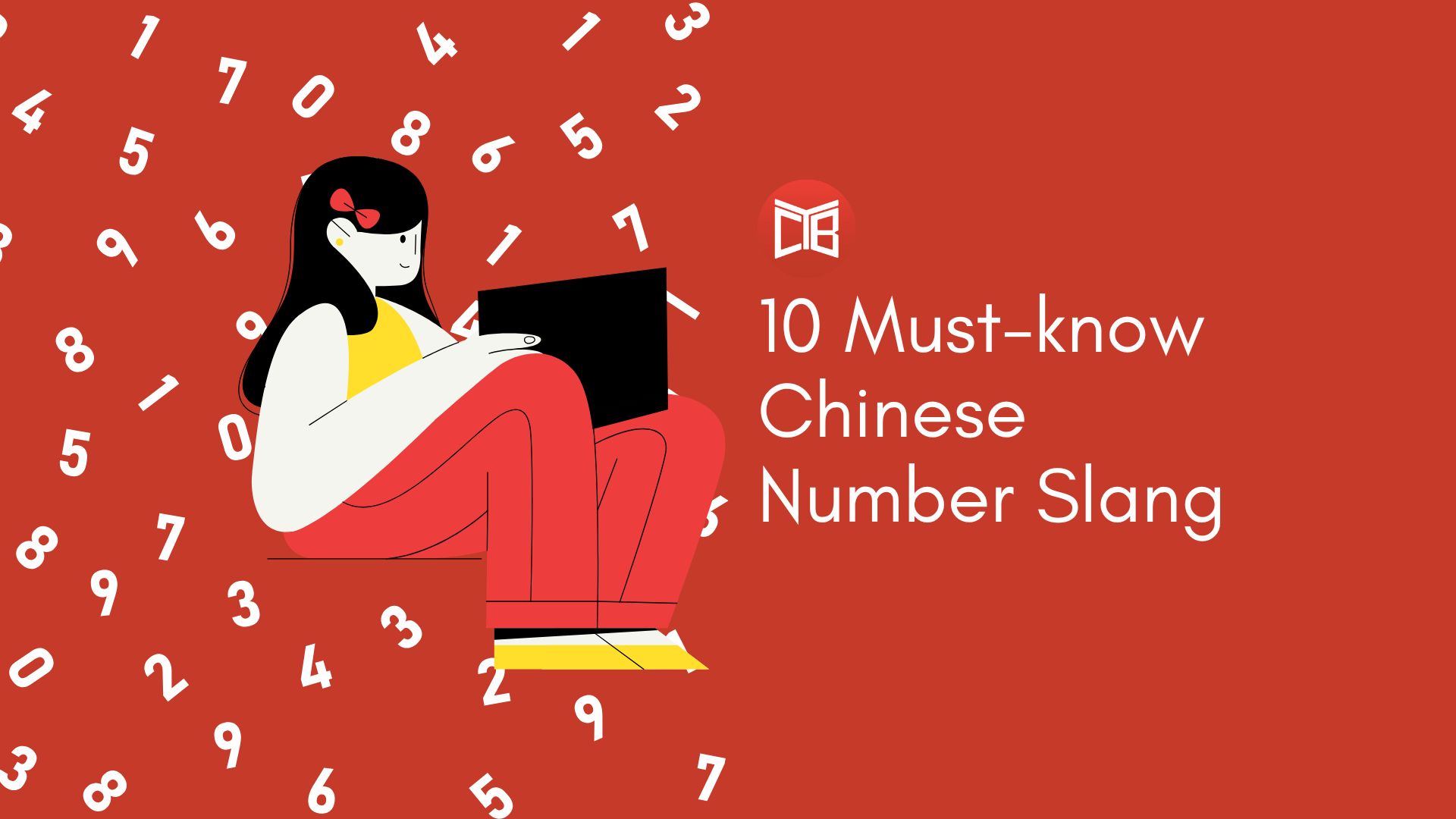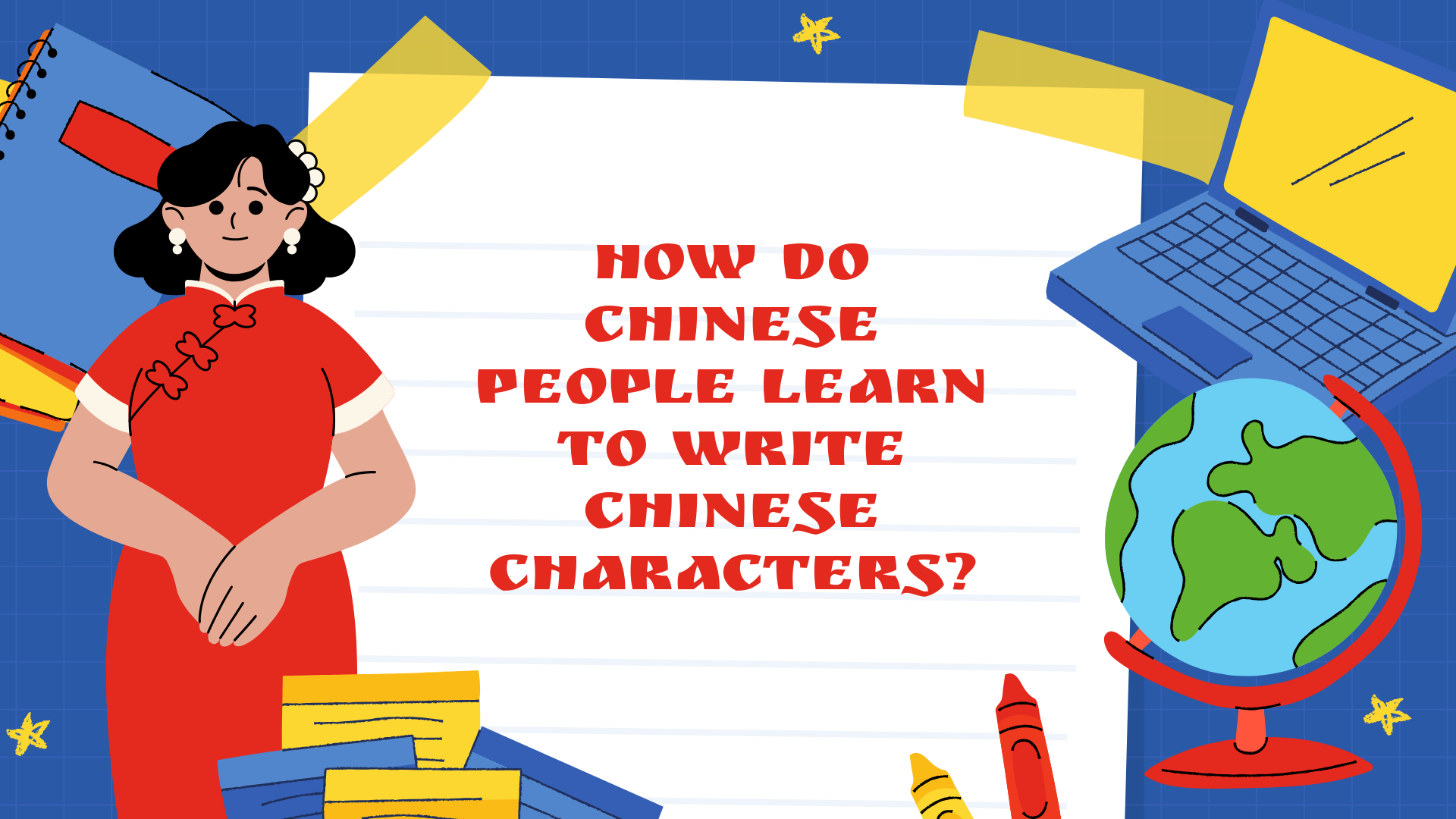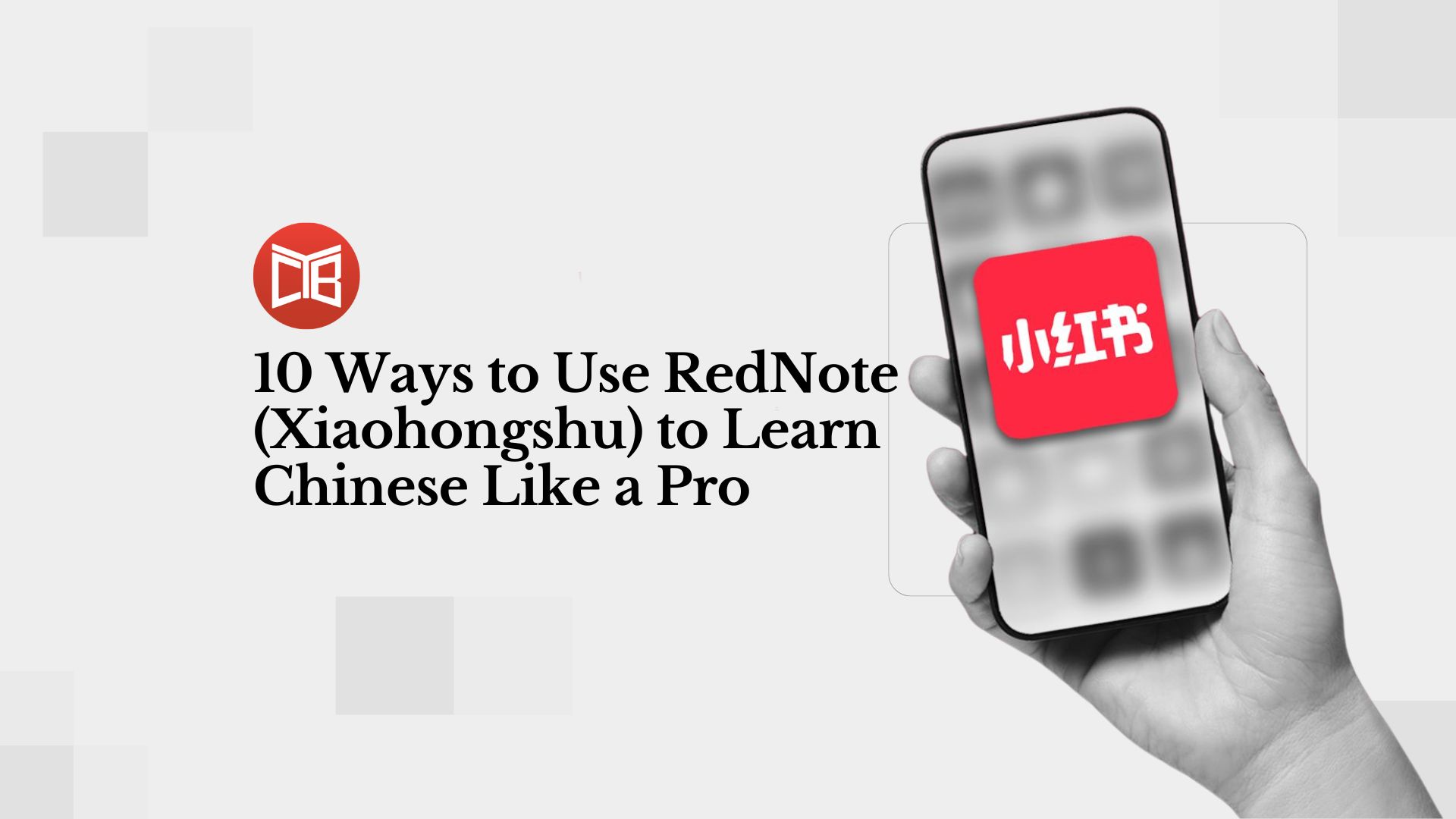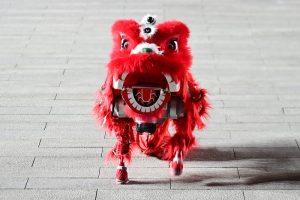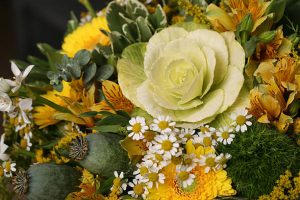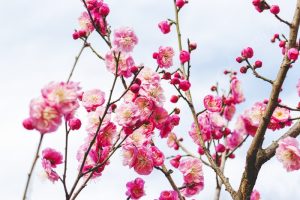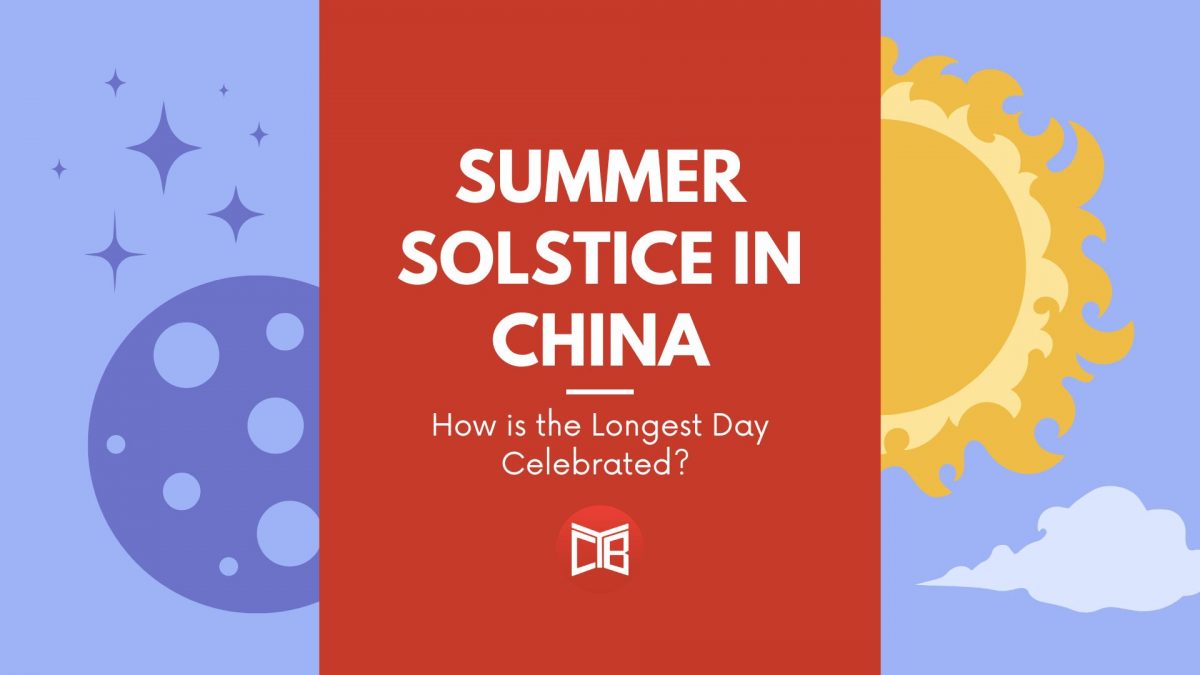
What is the Chinese Summer Solstice?
Summer Solstice in China and the rest of the Northern Hemisphere is the day with the longest period of daylight and the shortest night of the year. Summer Solstice occurs when one of the Earth’s poles has its maximum tilt towards the Sun, producing the most amount of daylight in a 24-hour period in the year. Summer Solstice is significant in China due its presence as one of the 24 traditional Solar Terms in the Chinese lunisolar calendar and its importance in farming and agriculture. Summer Solstice is also a notable celebration in Traditional Chinese Medicine and many agricultural communities in China still celebrate the event with festivals that feature seasonal feasts, music and communal dancing.
When is Summer Solstice in China this Year?
Summer Solstice in China usually occurs on 20th, 21st or 22nd June and in 2024 it will be celebrated on Thursday 20th June.
Chinese Summer Solstice in 2025: Saturday 21st June
Chinese Summer Solstice in 2026: Sunday 21st June
Chinese Summer Solstice in 2027: Monday 21st June
Chinese Summer Solstice in 2028: Tuesday 20th June
Chinese Summer Solstice in 2029: Thursday 21st June
Chinese Summer Solstice in 2030: Friday 21st June
The History of Summer Solstice in China
Summer Solstice is known as “Xiàzhì” (夏至) in Chinese and has been celebrated for thousands of years. As one of the 24 Solar Terms of the traditional Chinese lunisolar calendar, Summer Solstice holds great importance in Chinese agricultural communities. Farmers use Summer Solstice to assess the strength of their crops ahead of the upcoming harvest season. At Summer Solstice, farmers’ crops should be thriving and it if so, it signals that everything is on track for a successful harvest. In China, it is traditional for families and communities to come together to celebrate Summer Solstice and eat foods that are symbolic of longevity and prosperity, such as noodles and other wheat-based dishes.
The 24 Solar Terms in the Chinese Calendar
In the traditional Chinese lunisolar calendar, there are 24 Solar Terms that divide the year into equal parts. Summer Solstice is the 10th Solar Term in the Chinese lunisolar calendar. The 24 Solar Terms all correlate with specific seasonal changes and guide agricultural work. Each lasting around 15 days, the 24 Solar Terms are deeply rooted in Chinese culture and are celebrated with various festivals and customs throughout the year. Below is a list of the 24 Solar Terms in the Chinese lunisolar calendar and their dates and English meanings.
- Lìchūn (立春) – Beginning of Spring (3rd-5th February)
- Yǔshuǐ (雨水) – Rain Water (18th-20th February)
- Jīngzhé (惊蛰) – Awakening of Insects (5th-7th March)
- Chūnfēn (春分) – Spring Equinox (20th-22nd March)
- Qīngmíng (清明) – Clear and Bright (4th-6th April)
- Gǔyǔ (谷雨) – Grain Rain (19th-21st April)
- Lìxià (立夏) – Beginning of Summer (5th-7th May)
- Xiǎomǎn (小满) – Grain Full (20th-22nd May)
- Mángzhòng (芒种) – Grain in Ear (5th-7th June)
- Xiàzhì (夏至) – Summer Solstice (20th-22nd June)
- Xiǎoshǔ (小暑) – Minor Heat (6th-8th July)
- Dàshǔ (大暑) – Major Heat (22nd-24th July)
- Lìqiū (立秋) – Beginning of Autumn (7th-9th August)
- Chùshǔ (处暑) – End of Heat (22nd-24th August)
- Báilù (白露) – White Dew (7th-9th September)
- Qiūfēn (秋分) – Autumn Equinox (22nd-24th September)
- Hánlù (寒露) – Cold Dew (8th-9th October)
- Shuāngjiàng (霜降) – Frost Descent (23rd-24th October)
- Lìdōng (立冬) – Beginning of Winter (7th-8th November)
- Xiǎoxuě (小雪) – Minor Snow (22nd-23rd November)
- Dàxuě (大雪) – Major Snow (6th-8th December)
- Dōngzhì (冬至) – Winter Solstice (21st-22nd December)
- Xiǎohán (小寒) – Minor Cold (5th-7th January)
- Dàhán (大寒) – Major Cold (20th-21st January)
Is Summer Solstice an Earth Worship Festival in China?
Summer Solstice is not categorized as an Earth Worship Festival in the same way as festivals such as Shehuo Festival or Tomb-Sweeping Day (Qingming Festival). However, due to its connection to the agricultural calendar, Summer Solstice celebrations embody many of the key aspects of Earth Worship Festivals in China. Summer Solstice in China is focused on the celebration of sunlight and the peak of feminine yang energy.
How is Summer Solstice Celebrated in China?
In modern times, Summer Solstice is not celebrated as widely as other key festivals in the Chinese calendar. However, it is still extremely important in agricultural communities and plays host to a variety of customs and traditions.
Chinese Foods for Summer Solstice
Summer Solstice in China is celebrated with foods that symbolize longevity and prosperity that bring positivity ahead of the important harvest season. Popular dishes to celebrate Summer Solstice in China include:
- Noodles. Noodles symbolize longevity in Chinese culture. At Summer Solstice, cold noodle dishes are popular as they help to cool the body during the hot weather.
- Steamed buns and dumplings. In some regions in China, dumplings are eaten during Summer Solstice as they are thought to bring good luck for the upcoming harvest season.
- Other wheat-based dishes. Summer Solstice marks the end of the winter wheat harvest in Northern China, so wheat-based dishes are prepared using the new wheat flour to celebrate the harvest.
- Seasonal fruits. In some regions in China, fruits such as lychees are eaten during Summer Solstice to keep the body cool during the hot summer season.
Offerings and Sacrifices
In rural agricultural communities, some people make offerings to deities and ancestors to express gratitude and pray for a good harvest. These rituals are performed to honor the Sun and the Earth and consist of food, incense burning and other items. Sacrificial offerings can either be placed at a shrine at the family home, if there is one, or at temples.
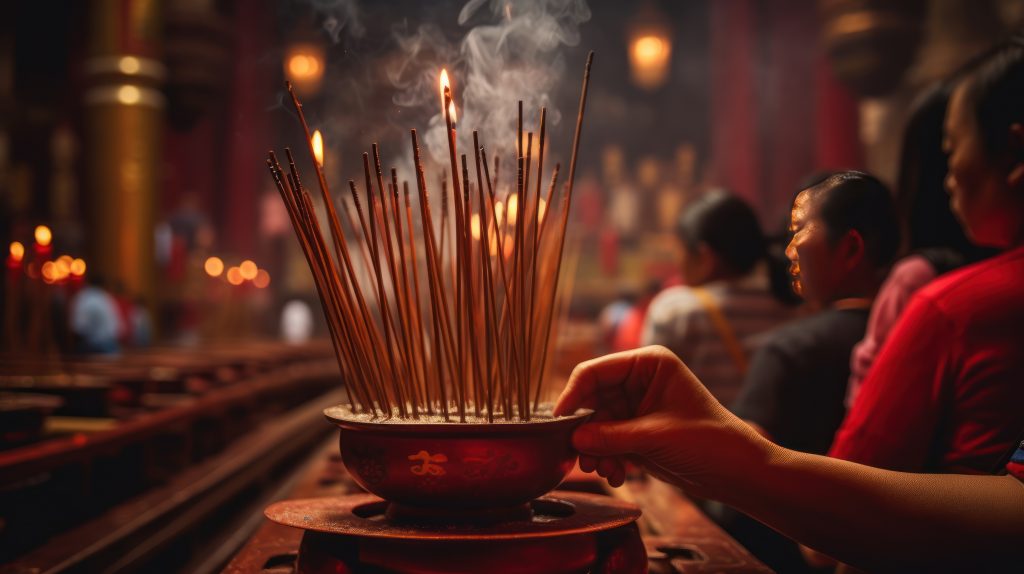
Dragon Boat Races
Dragon Boat races are usually associated with the Dragon Boat Festival in Chinese culture (late May or June). However, during Summer Solstice dragon boat races are held in some regions as communal activities to bring people together.
Regional Variations
Northern China: As Summer Solstice is associated with the winter wheat harvest in China, it is common for wheat-based products to be consumed in China’s northern wheat-growing region. Wheat-based products for Summer Solstice celebrations in China include noodles, dumplings and steamed buns.
Southern China: In southern China, it is customary to eat certain seasonal fruits such as lychees that are thought to help the body keep cool.
Modern Day Celebrations
In some regions in China, it is still common to see public celebrations to mark Summer Solstice in parks and community centers. Such celebrations often include music, dancing and communal meals. Wellbeing activities such as hiking and dragon boat racing are also held to promote good health during the extended daylight and to embrace the natural environment. Schools and cultural organizations also often hold educational events to mark Summer Solstice in China. These help to promote its historical and cultural importance in the modern world.
Is Summer Solstice a Public Holiday in China?
In ancient China, farm workers were given the day off to celebrate Summer Solstice ahead of the upcoming harvest season. However, in modern times Summer Solstice is not a public holiday in China.
Summer Solstice in Traditional Chinese Medicine
In Traditional Chinese Medicine (TCM), Summer Solstice is important as it is associated with peak feminine yang energy and the body’s adaptation to the changing of the seasons.
- Peak yang energy. Summer Solstice represents peak yang energy in TCM as it is the day with the most daylight hours in the year. In TCM, yang (阳) energy is associated with warmth, light, activity and growth.
- The balance of yin and yang. Summer Solstice is a crucial time to harmonize the body’s energy flow. After Summer Solstice, the yang energy begins to decline and yin (阴) energy, which represents coolness, darkness, and rest, starts to increase. It’s a time to nurture yang energy while preparing for the upcoming increase in yin energy.
- Seasonal changes in the body. The summer season is associated with the heart in TCM and each of the four seasons are all associated to a specific organ. Summer Solstice is a time to focus on heart health and also keep cool and hydrated to prevent heat-related conditions such as heatstroke and dehydration.
- Dietary requirements. Cool, bitter and light foods that are easy to digest should be consumed during Summer Solstice to counterbalance the heat and maintain internal harmony. Foods such as cucumber, bitter gourd and leafy greens help to cool the body and stay hydrated.
- Emotional and mental wellbeing. Practices that calm the mind, reduce stress and promote emotional balance are beneficial during Summer Solstice. This can include activities like tai chi, gentle exercise and spending time in nature.
Key Chinese Vocabulary for Summer Solstice
Here’s our top 10 Chinese vocabulary for Summer Solstice:
- 夏至 (Xiàzhì) – Summer Solstice
- 最长的一天 (zuì cháng de yī tiān) – the longest day
- 太阳 (tàiyáng) – the Sun
- 阴阳平衡 (yīnyáng pínghéng) – balance of Yin and Yang
- 凉面 (liángmiàn) – cold noodles
- 节气 (jiéqì) – Solar Term
- 农历 (nónglì) – lunar calendar
- 养生 (yǎngshēng) – health preservation
- 避暑 (bìshǔ) – avoid the heat
- 饮食 (yǐnshí) – diet
Conclusion
Summer Solstice is a significant annual celebration in Chinese culture, particularly in agricultural communities. Marking the longest day of the year, it is a vital time for assessing crop growth and preparing for the upcoming harvest. Though not a public holiday in modern China, Summer Solstice continues to be celebrated with seasonal feasts and festivities. In TCM, Summer Solstice offers appreciation of the balance of yin and yang energy and is an important time to embrace the natural world.
FAQ
- What is the significance of the Summer Solstice in China? Summer Solstice, known as “Xiàzhì” (夏至), is significant in China as it marks the longest day of the year and is one of the 24 traditional solar terms in the Chinese lunisolar calendar.
- How is the Summer Solstice traditionally celebrated in China? Traditional celebrations include seasonal feasts, communal dancing, and music.
- What foods are typically eaten during the Summer Solstice in China? Foods that symbolize longevity and prosperity, such as noodles and wheat-based dishes, are commonly eaten during Summer Solstice. Popular foods also include cold noodle dishes, steamed buns, dumplings, and seasonal fruits like lychees. These foods are believed to bring good luck, longevity, and help cool the body during the hot summer weather.
- Why is the Summer Solstice important in Traditional Chinese Medicine (TCM)? In TCM, Summer Solstice represents peak yang energy, which is associated with warmth, light, activity and growth.
- When is the Summer Solstice celebrated in China? Summer Solstice in China typically falls on 20th, 21st, or 22nd In 2024, it will be celebrated on Thursday, 20th June.
Author
Sean studied Chinese and Spanish at University of Leeds and founded The Chairman’s Bao alongside Tom Reid in his final year of study in 2015. Current Managing Director of The Chairman’s Bao, he has overseen the company’s growth from university bedroom concept to an international force in the EdTech industry with over 200,000 individual users and over 400 global partner institutions. Sean also launched Newsdle alongside Tom Reid and Oliver Leach in 2021, for students and teachers of Spanish and French. In his spare time, Sean is still a keen language learner and runner. He also sits on the Board of charity Leeds Irish Health and Homes in the UK.





